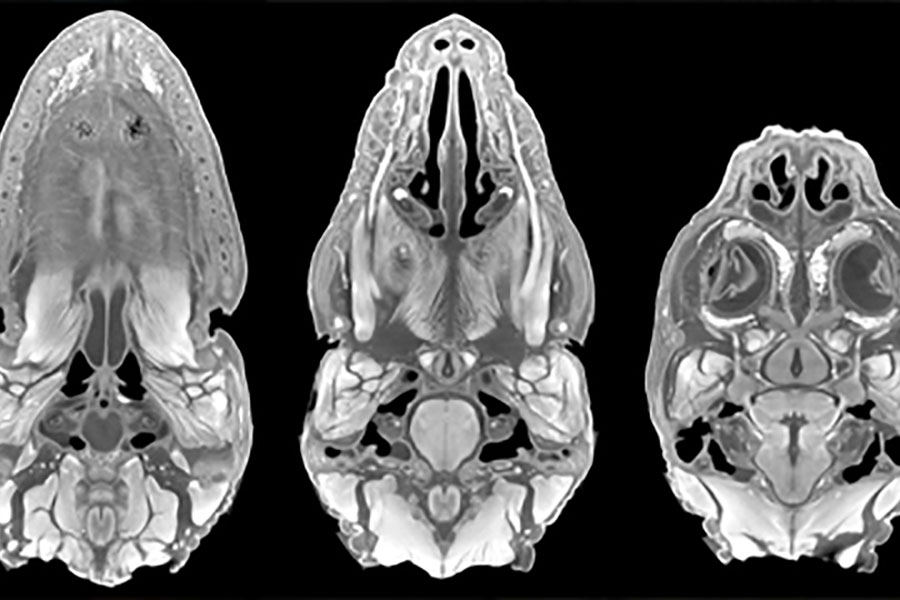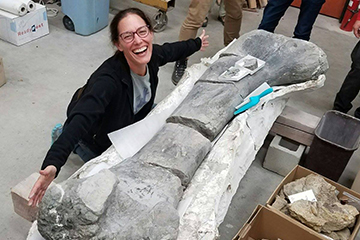Anatomy and Vertebrate Paleontology (PhD) Option
Program:Biomedical Sciences (PhD)

Anatomy and Vertebrate Paleontology (PhD)
Students in the anatomy and paleontology track receive structured training to equip
them for careers teaching medical gross anatomy, development, histology, and neuroanatomy.
Taking courses alongside the first-year medical students and progressing into teaching
assistantships, graduate students develop and hone their anatomical knowledge and
instructional skills.

